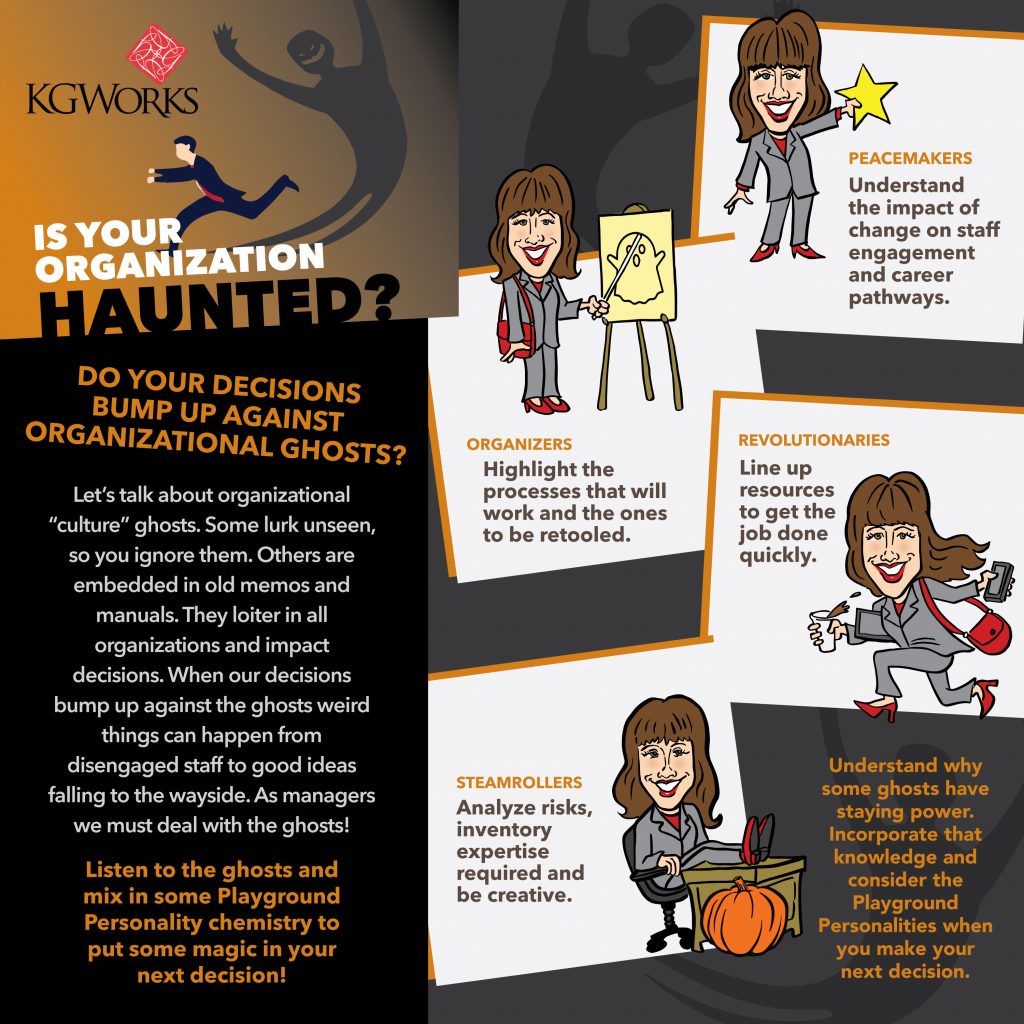Publication 14, Issue 8
Elton John was spot on when he wrote those lyrics, and though he was singing a love song – the word “sorry” can get in the way of our everyday communication.
Despite recent political news about candidates who have made careers of not saying “sorry,” saying sorry is not always hard. It’s the receiver’s interpretation of the expression that makes saying “I’m sorry” difficult. Is the apology an admission of guilt? An excuse for not getting something done? An opportunity to ward off conflict? Or is the intention not genuine?
I was in a meeting recently where an exec kept saying “I’m sorry,” and another exec finally asked, “For what?” to which he didn’t have a reply. There was a long awkward silence! Saying “sorry” if there’s nothing to be sorry about in the eyes of the receiver can get you in trouble; but so can never saying you’re sorry. So what’s a manager to do?
There are reasons why people say they’re sorry: something tragic happens, someone suffers a loss, or one feels badly for someone else’s situation. But those reasons usually aren’t related to a direct interaction in which one person is apologizing for something he/she did or didn’t do. At work, when a job isn’t completed people typically say they’re sorry. Apologies are offered, too, if someone’s feelings have been hurt or if a mistake has been made. Sometimes saying “sorry” is more calculated – to minimize the spotlight on oneself, or for show!
Here’s what each manager perceives when he/she hears the word “sorry” for not getting things done – plus likely unspoken back thoughts!
The Peacemaker says “Thanks for letting me know. Now how can I help so it can get done?” And thinks “I feel better knowing, so I should help to get it done.” This manager could be too accommodating and take on more work than he or she should.
The Organizer says “No need to apologize. What is not done?” And thinks, “I’m getting my work done; why can’t you?” This manager might ask what happened, and could become impatient or irritated.
The Revolutionary says “Not looking for excuses. How are you going to get it done?” Is thinking, “What are you sorry about?” This manager might get angry or annoyed if he/she doesn’t hear a reasonable explanation or hears an excuse.
The Steamroller says, “Should I find someone else to do it?” And is thinking, “Perhaps, you aren’t competent or intelligent and should be replaced!”
As you can see, miscommunication gets in the way of productivity and creates stress in the workplace. How do we preempt it? As a manager, it’s important to know your team. Understand which Playground Personality you’re interacting with and use the words and actions that resonate with that person to get the job done! For example, if you’re a Peacemaker manager and you’re working with a Steamroller staffer, don’t take the work on. Rather, offer him/her the opportunity to assemble the resident experts in the organization and facilitate a meeting that will move things along.
Using the word “sorry” out of habit, tends to convey a lack of confidence. Before you use the word, understand what you’re sorry for. If sorry is the wrong word, find a better one. Some of us have about seven “sorrys” in life. The average U.S. life expectancy is close to 80 years, so you can do the math! Be more aware when you hear the word “sorry” from someone you work with and try to figure out how best to get the job done! And be mindful of when you choose to use the word, yourself!
PS – thanks to all of my contributors this month!

